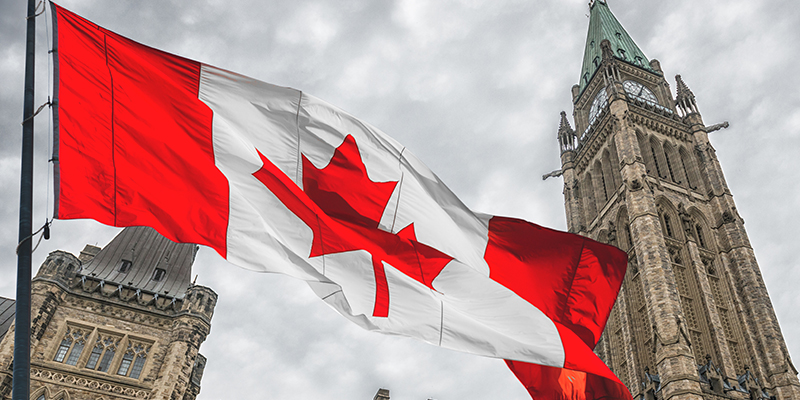As Russian military assets continue to pick apart Ukraine, we should be thankful the transatlantic community didn’t cash in its Cold War-era insurance policy.
defense and security
Let's play a game of guess-who. Name the country where 80,000 people have been killed in a brutal conflict pitting a weak central government against powerful warlords; civil authorities regularly quit or join up with the warlords; and entire towns have been depopulated as the sides vie for control. It may sound like Yemen, Iraq or Afghanistan, but this country is a NAFTA neighbour.
To optimists, the arrest in Mexico this week of the world's most wanted drug lord, Joaquin El Chapo Guzman, and Mexicos bloody drug war generally, are proof that the Mexican government is standing up to the cartels. But pessimists look at Mexico and see a failing state on Americas border.
More than 80,000 people have been killed in Mexicos brutal conflict, with the victims beheaded, shot, tortured and worse. Civil authorities regularly quit or join up with the warlords, and entire towns have been depopulated as government forces and warlords vie for control.
The new border security agreement to be announced by Prime Minister Harper and President Barack Obama is badly needed and should bring some relief to Canadian traders, travelers, and tax payers. Harper has managed to convince his American counterpart that the past 10 years of increased border security and corresponding delays and bureaucracy -- border thickening -- has to stop and be reversed. Our governments are proposing to do this by streamlining how we process the coming and going of people and by streamlining unnecessary commercial regulations on the products we make together.
The United States devotes much of its diplomatic and military energies to the Middle East today for a very simple reason: The Middle East is the source of much of the worlds energy, and not coincidentally, much of the worlds tensions.
Tomorrows source of energy reserves and geopolitical tensions may not be the deserts and densely populated urban areas of the Middle East, but rather the icy waters and desolate tundra of the Arctic.
Supply and Demand

